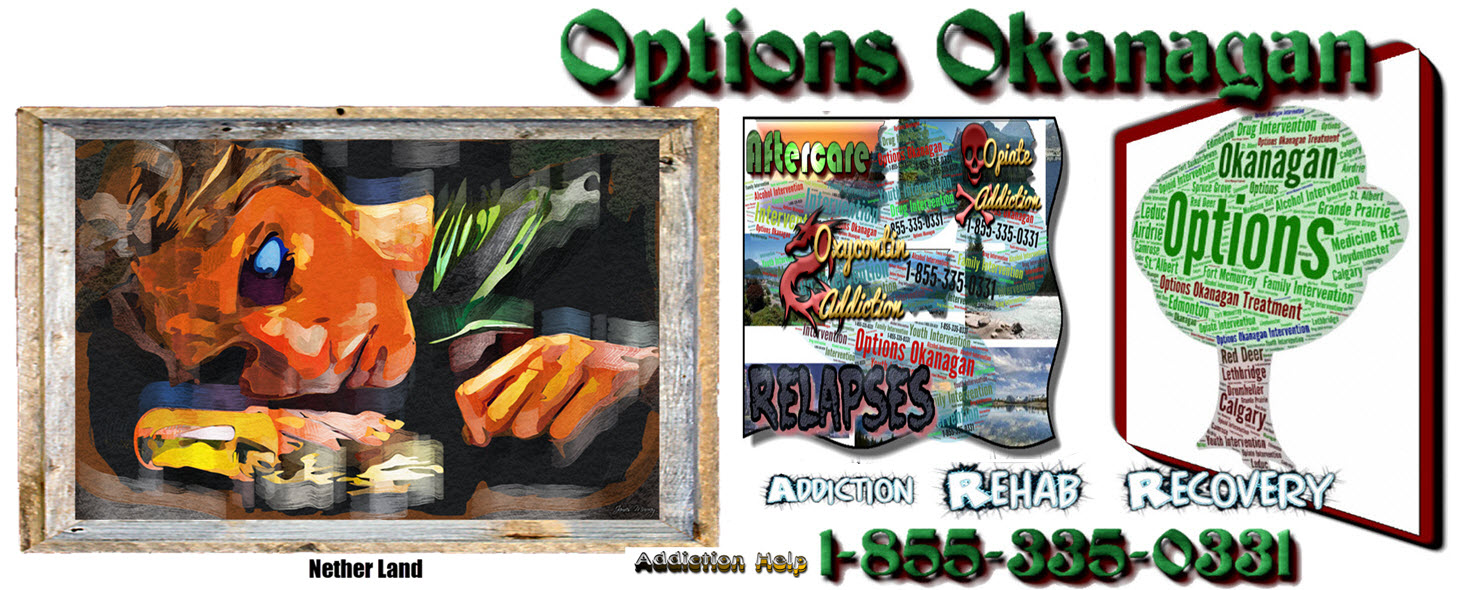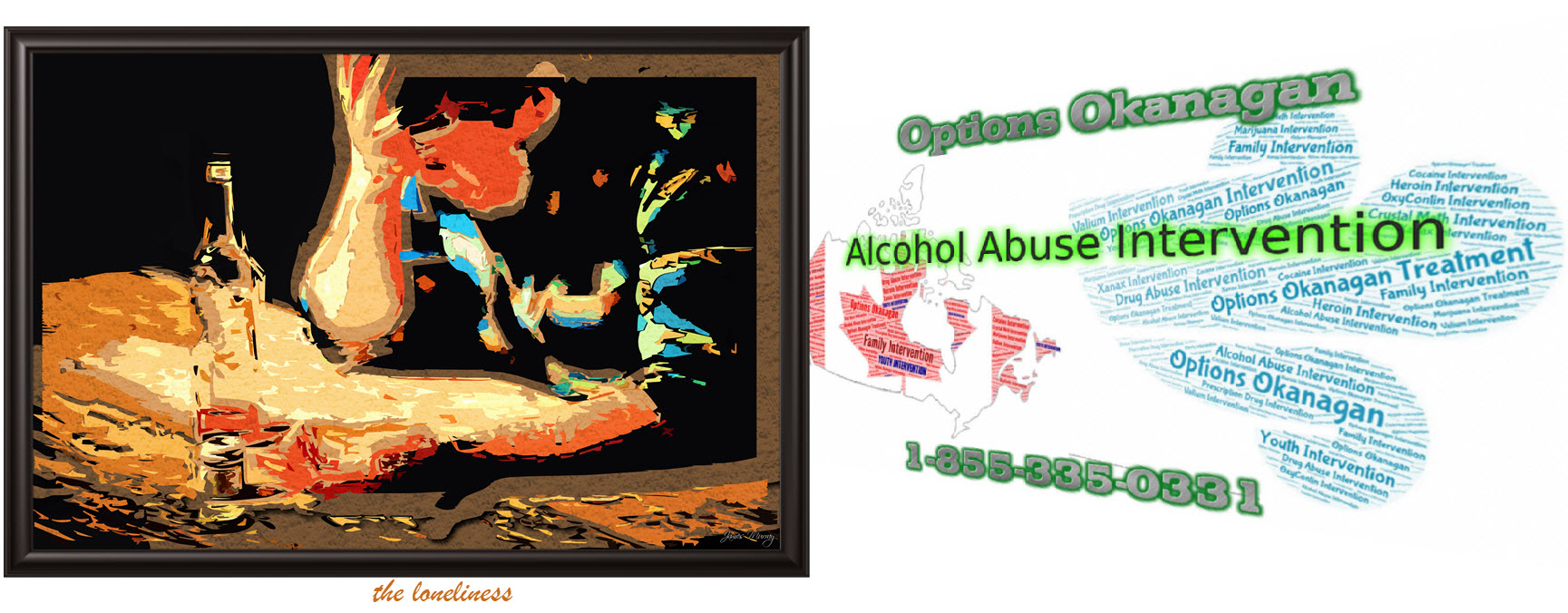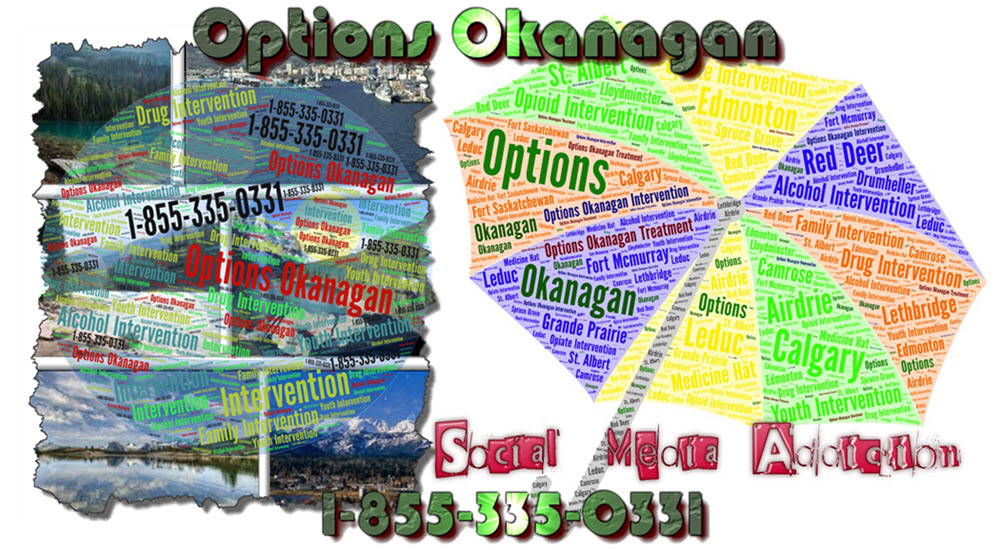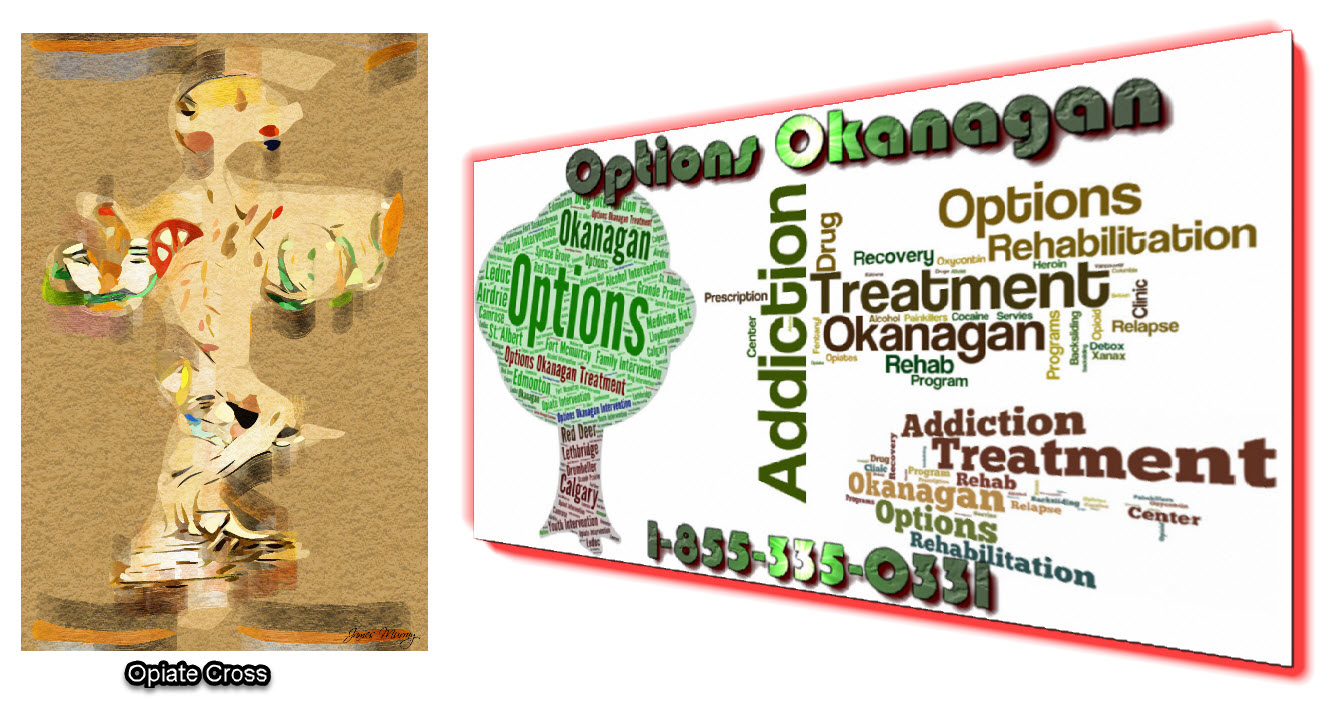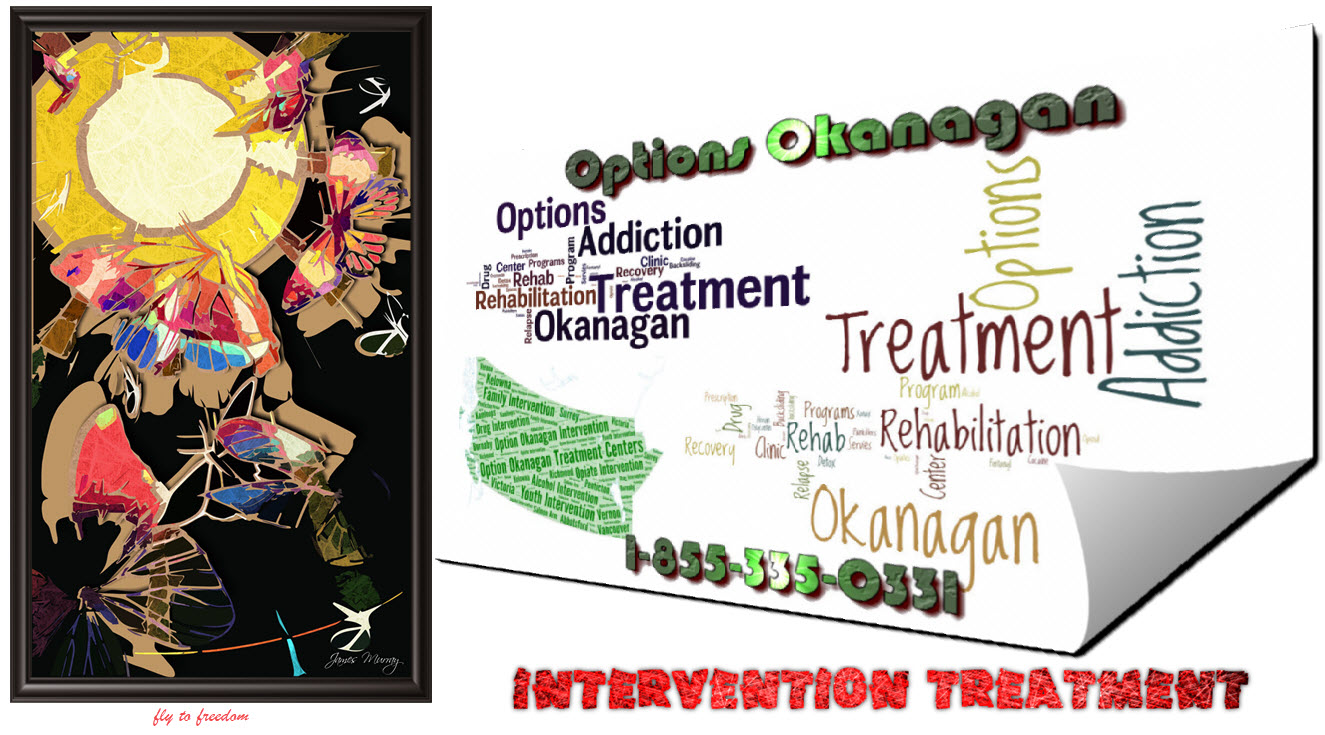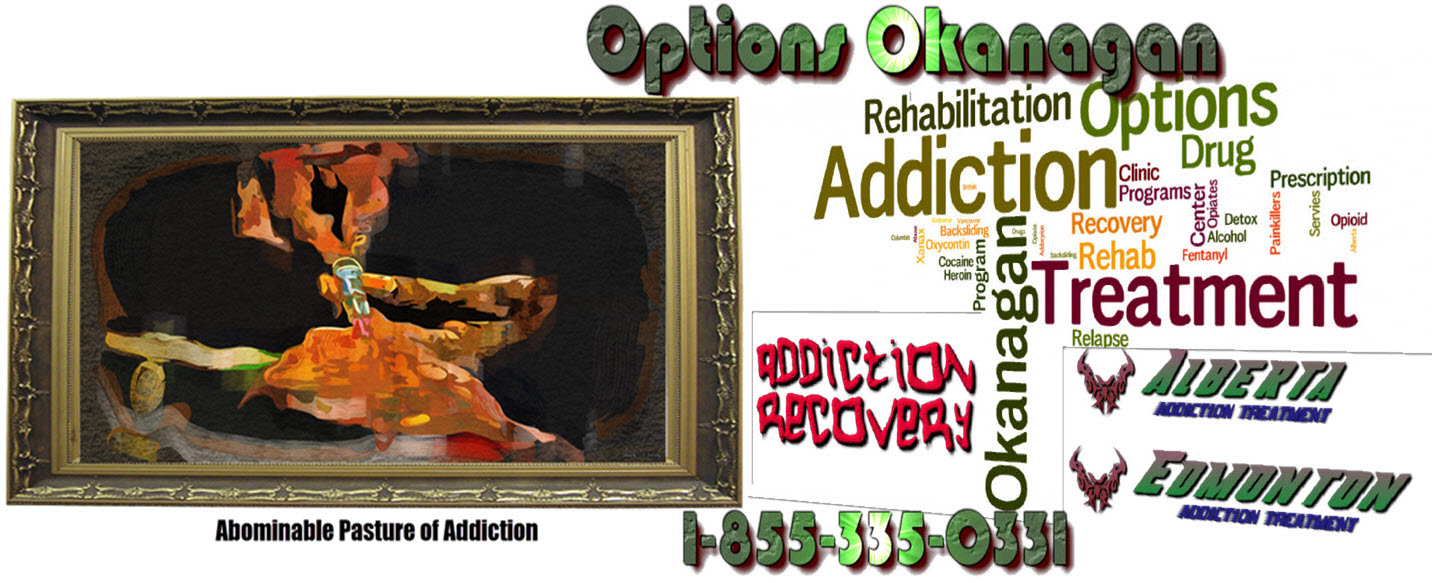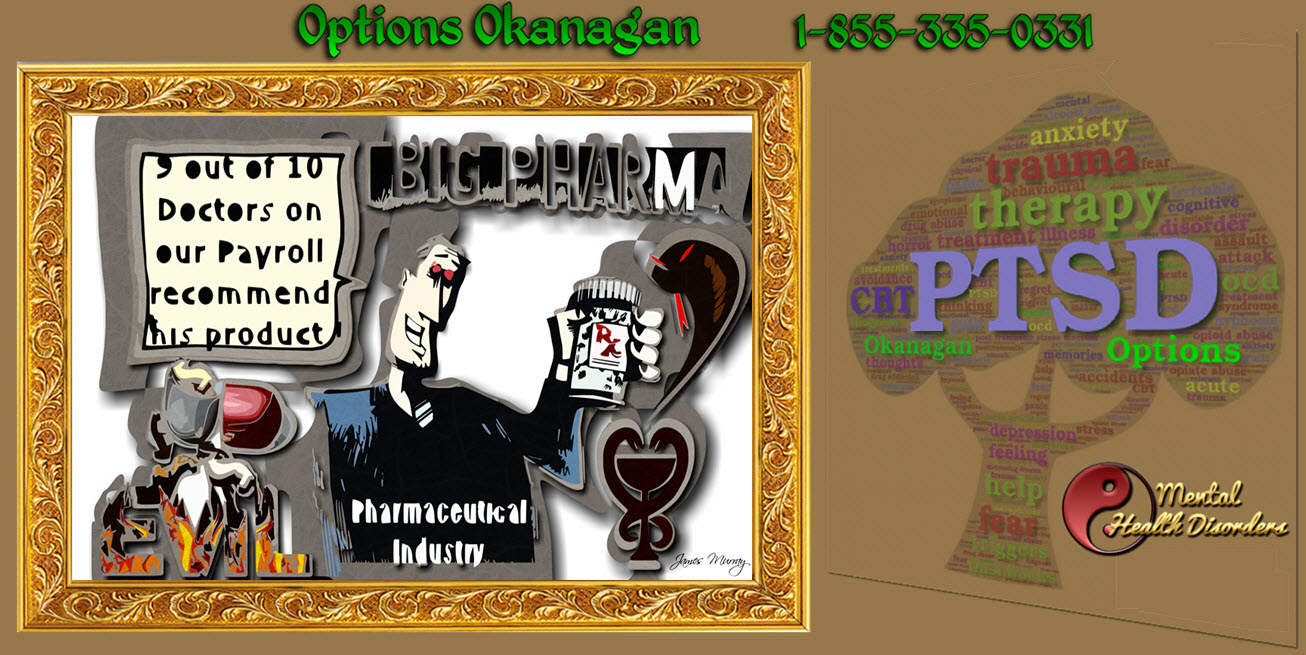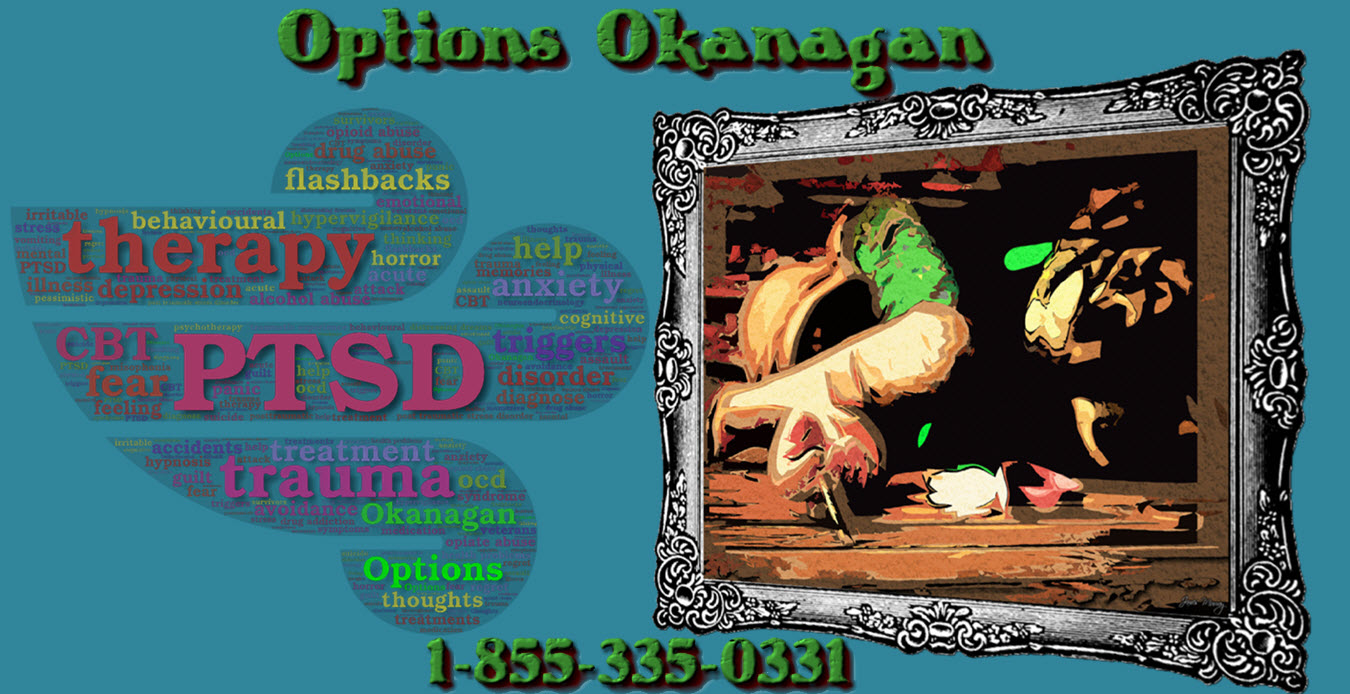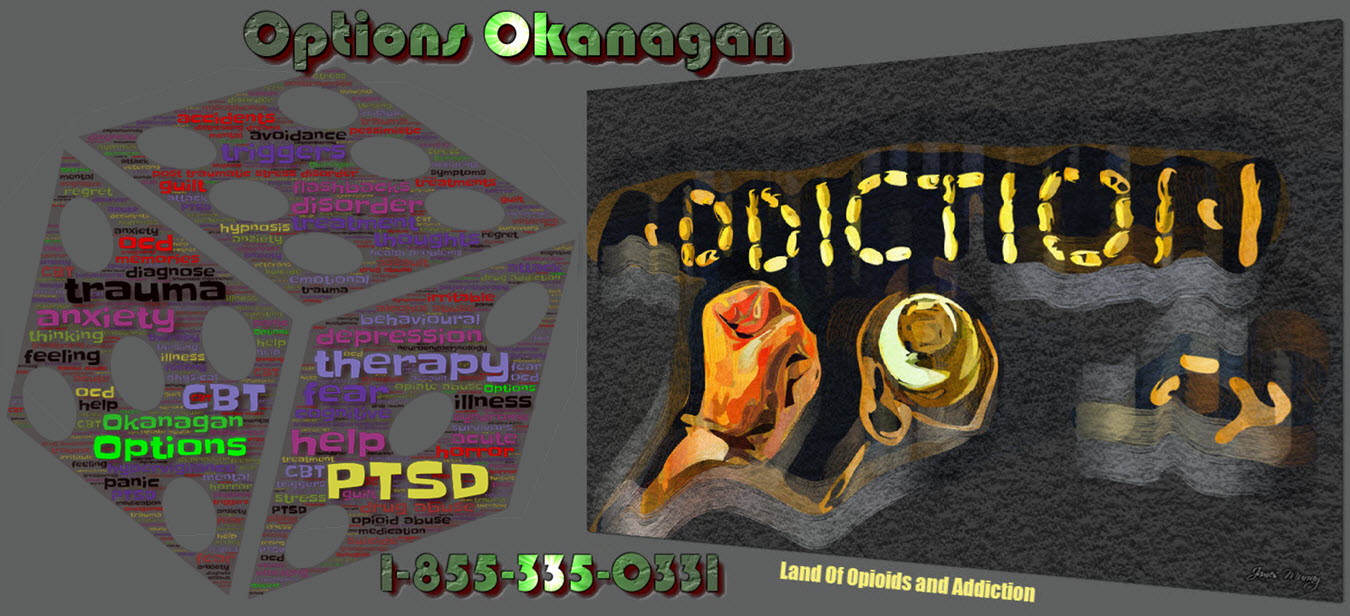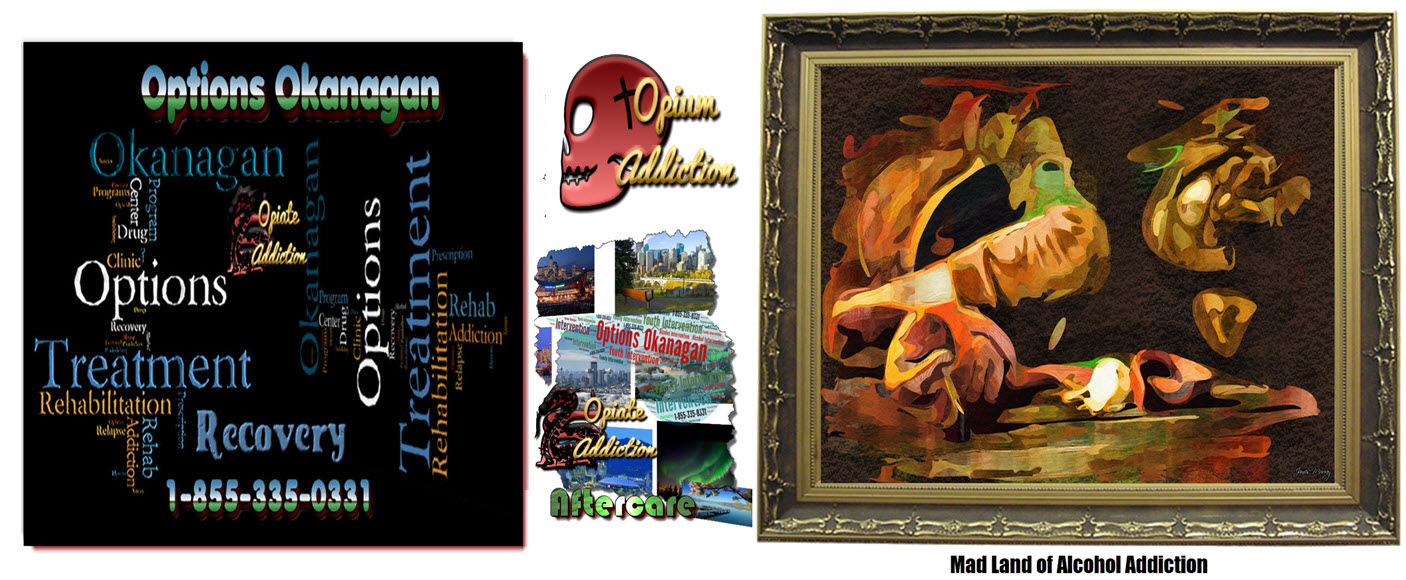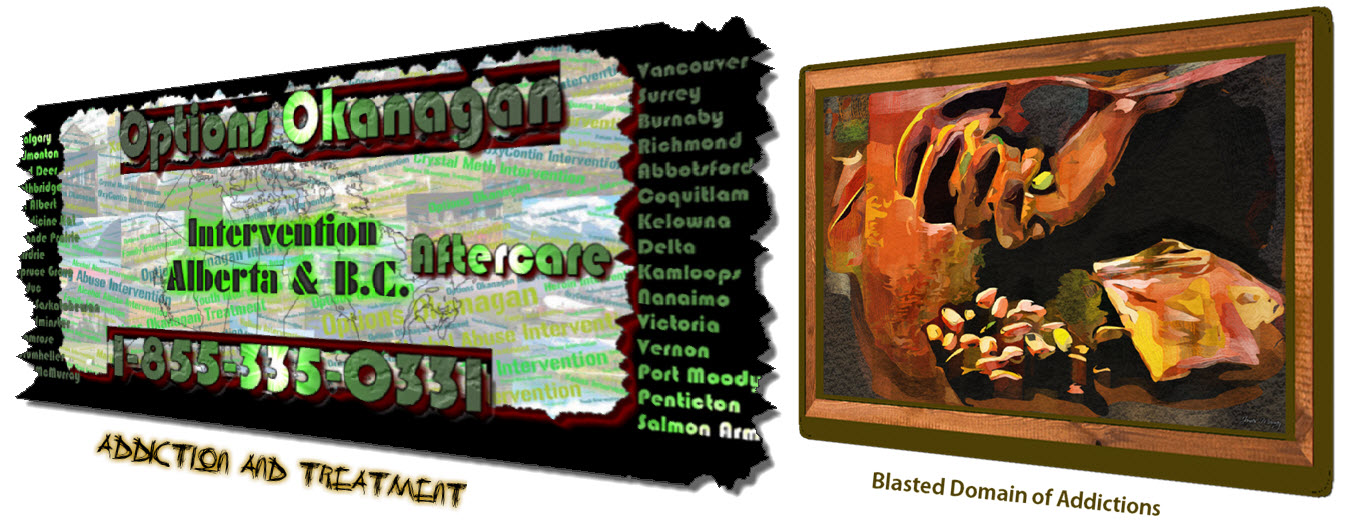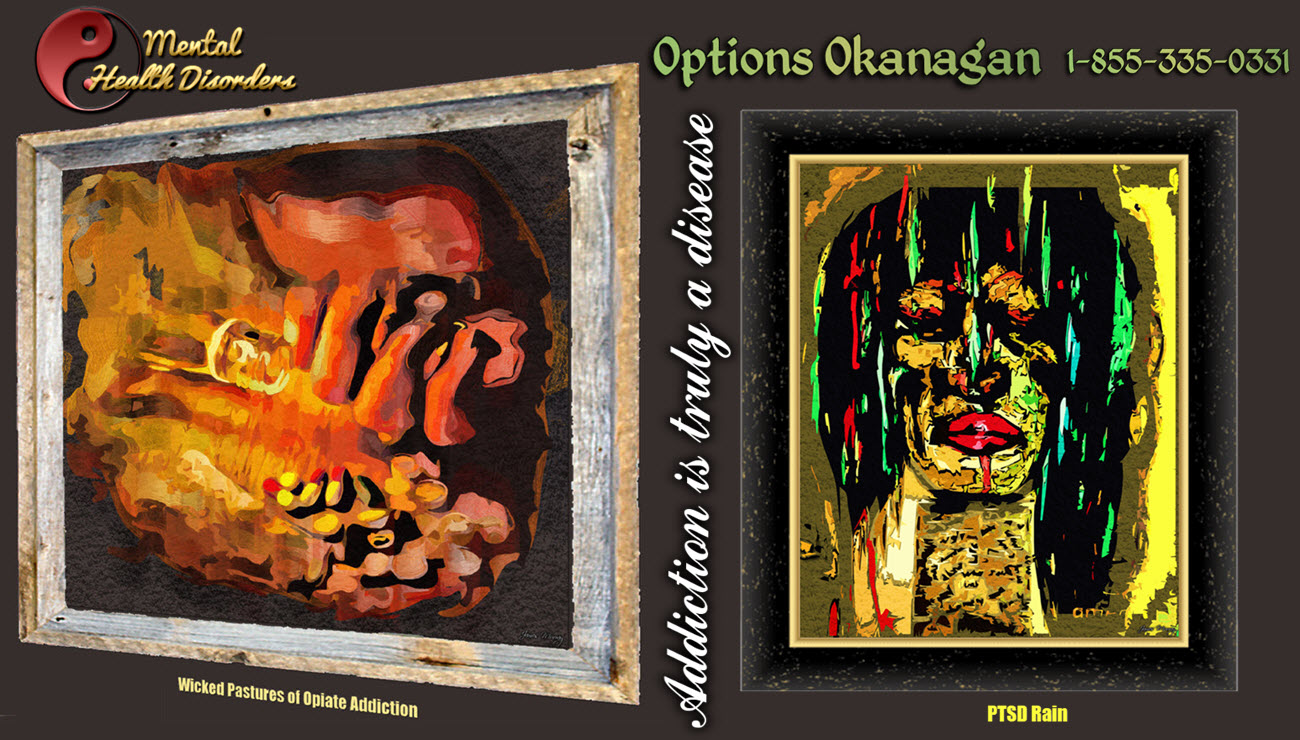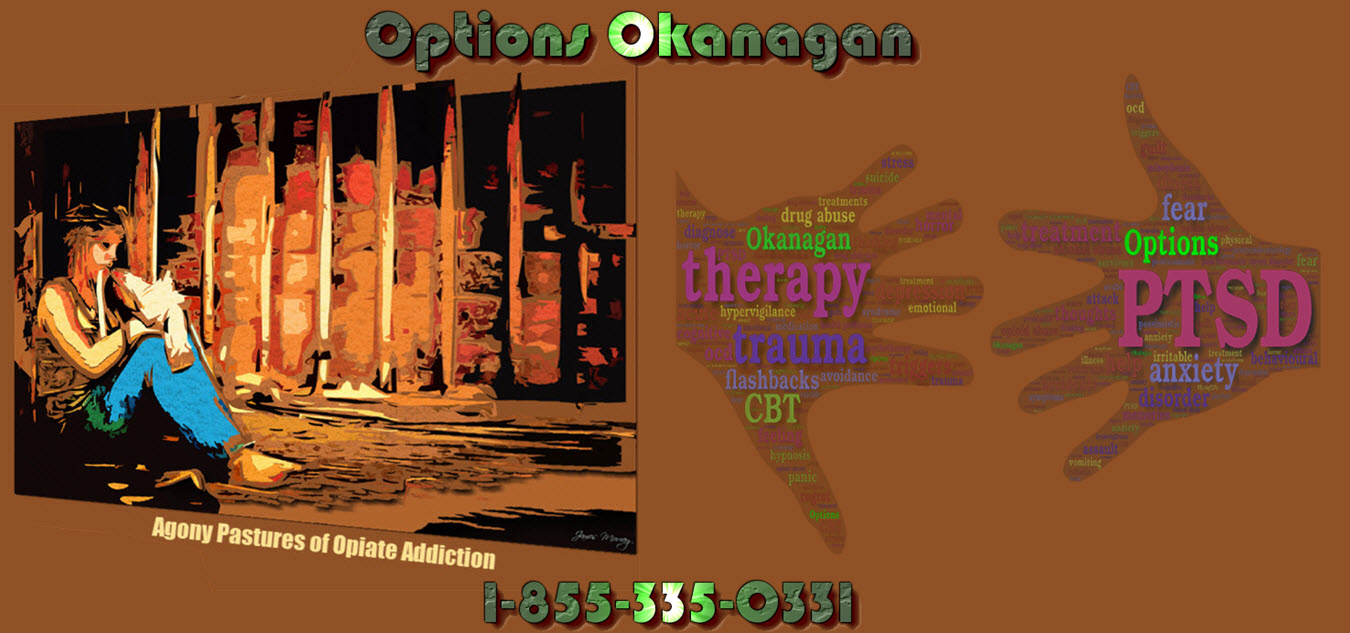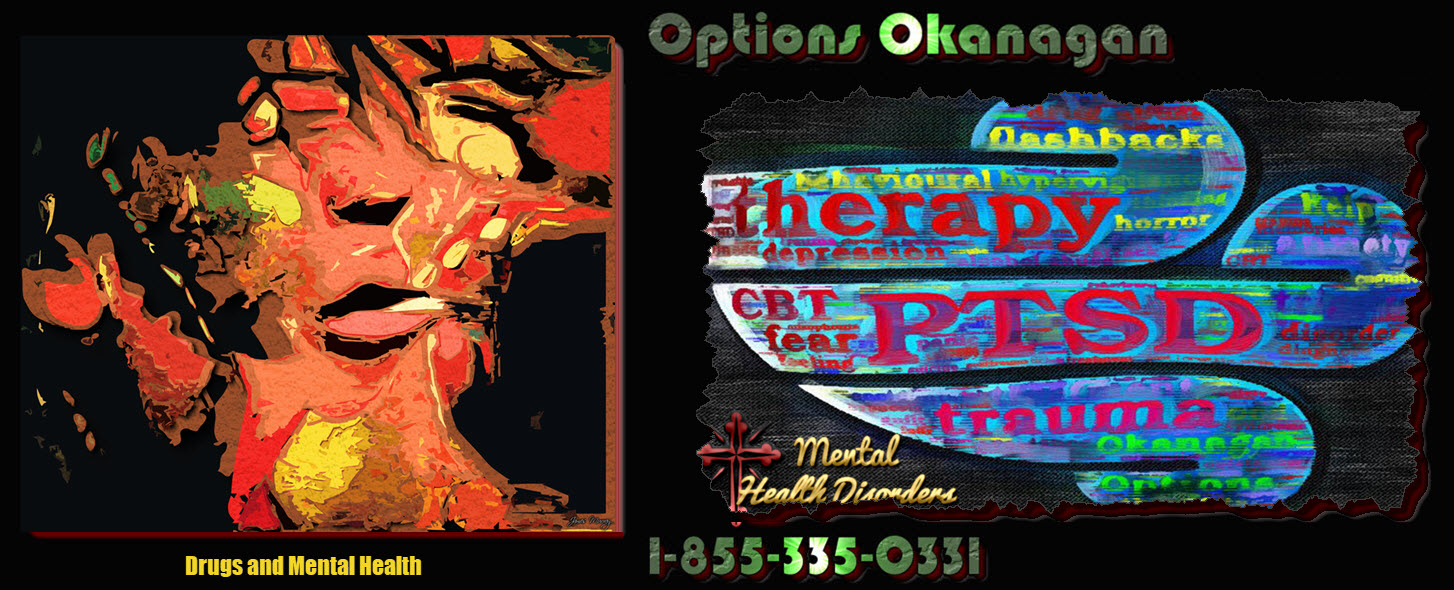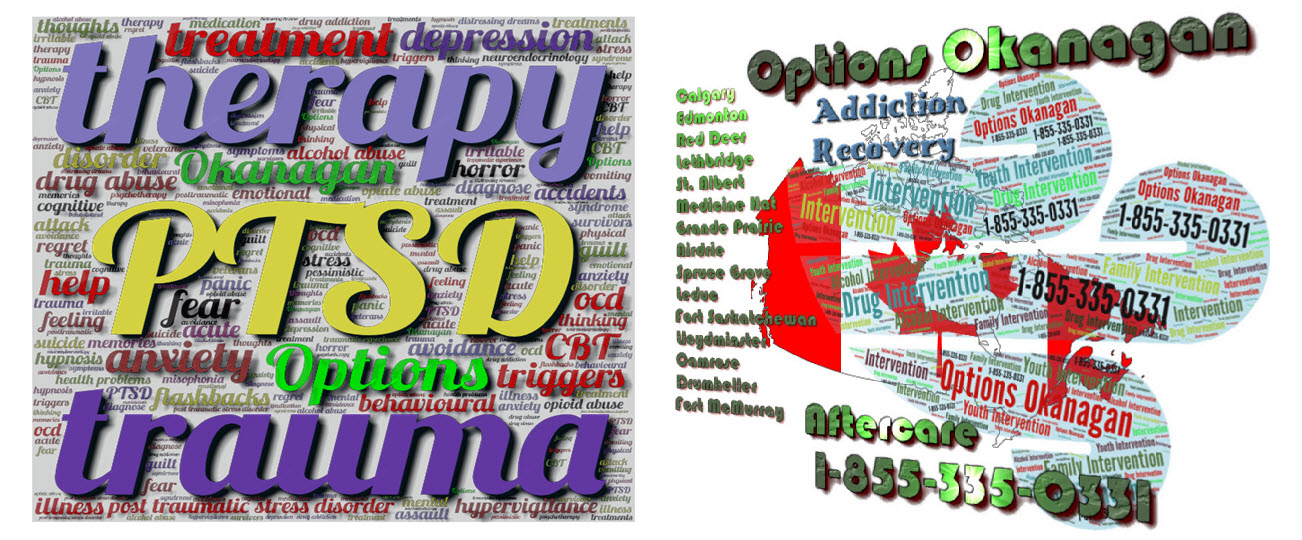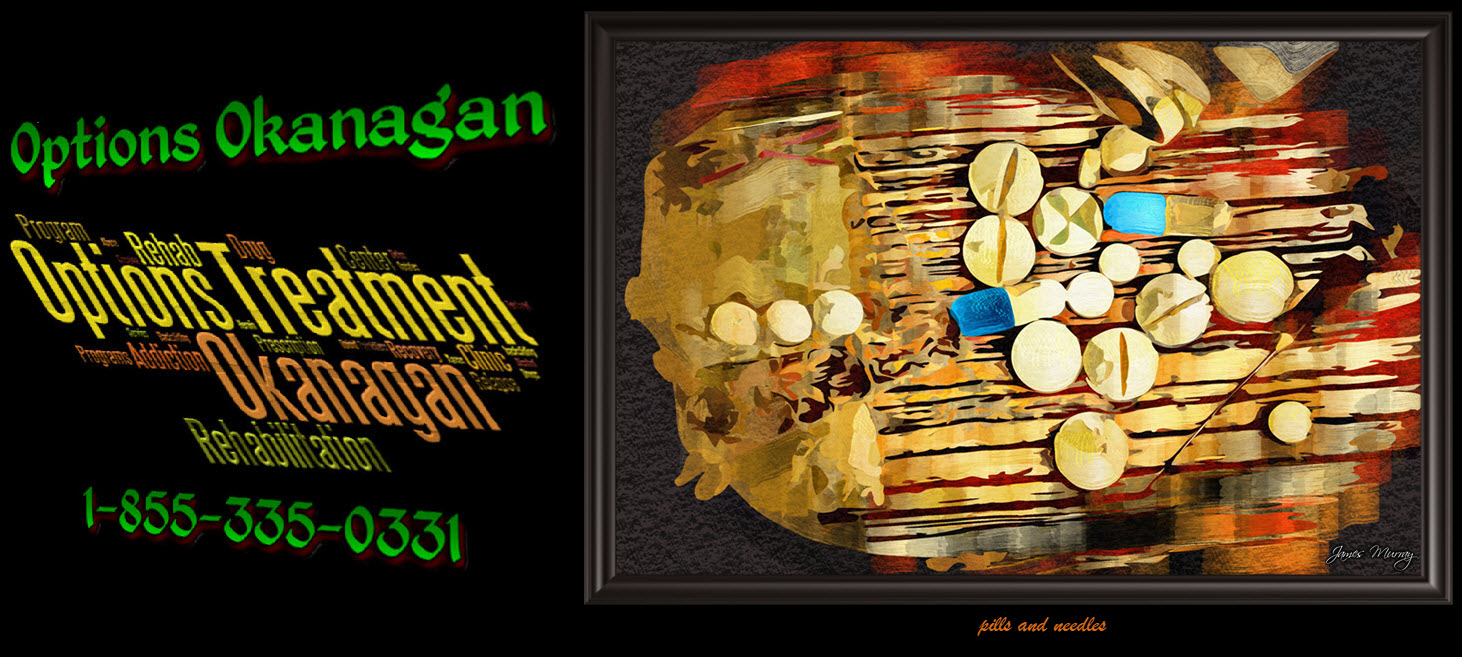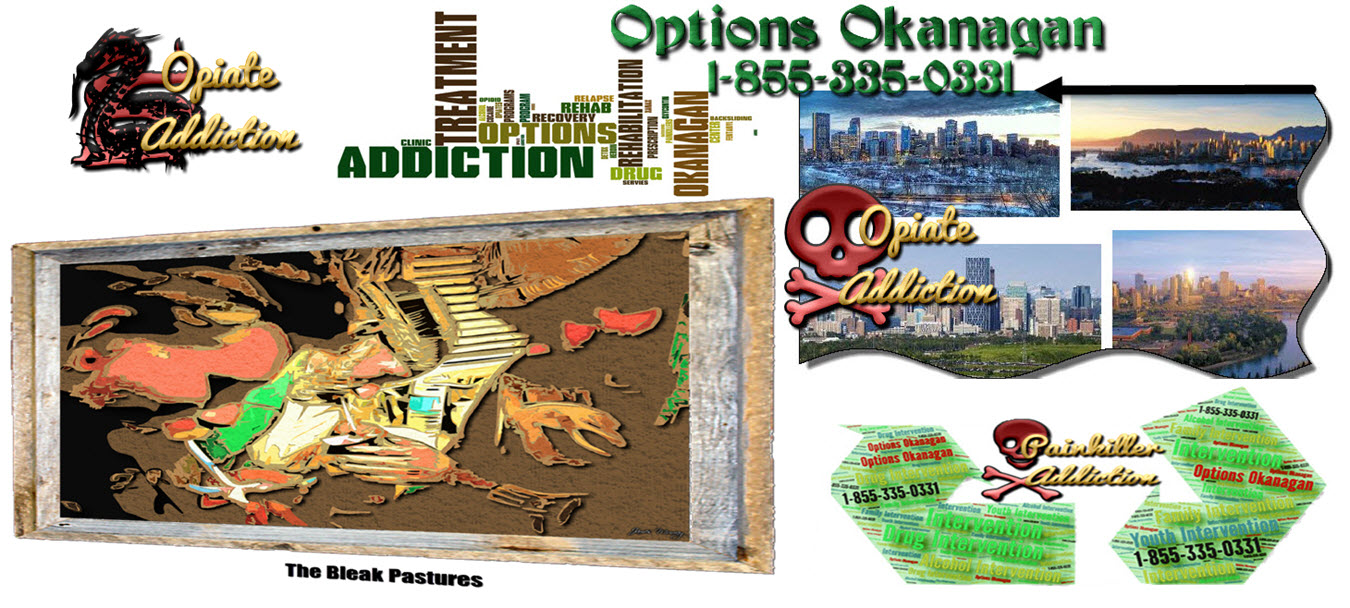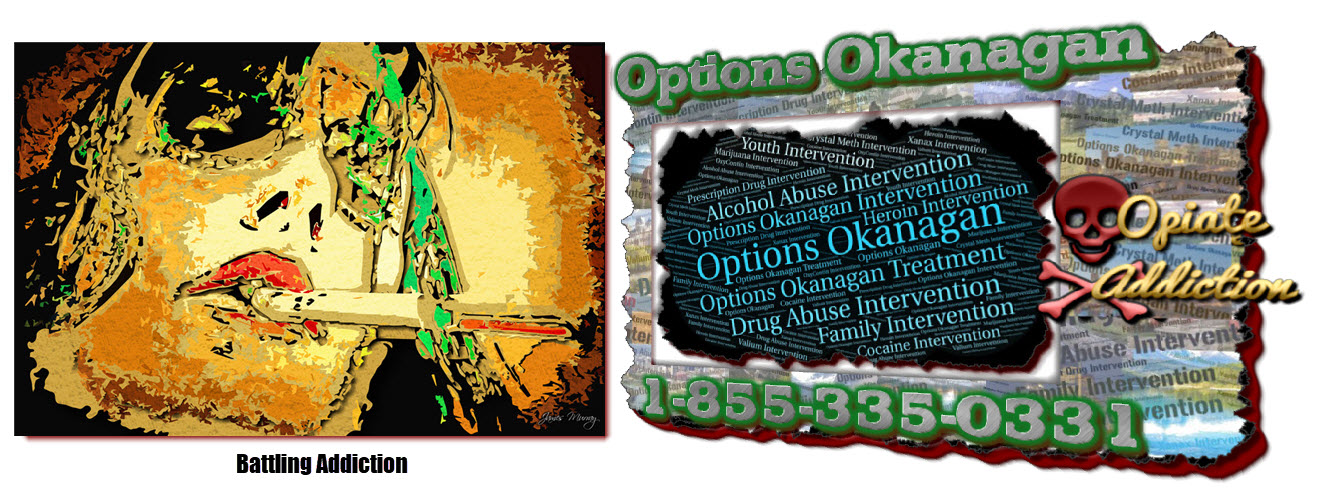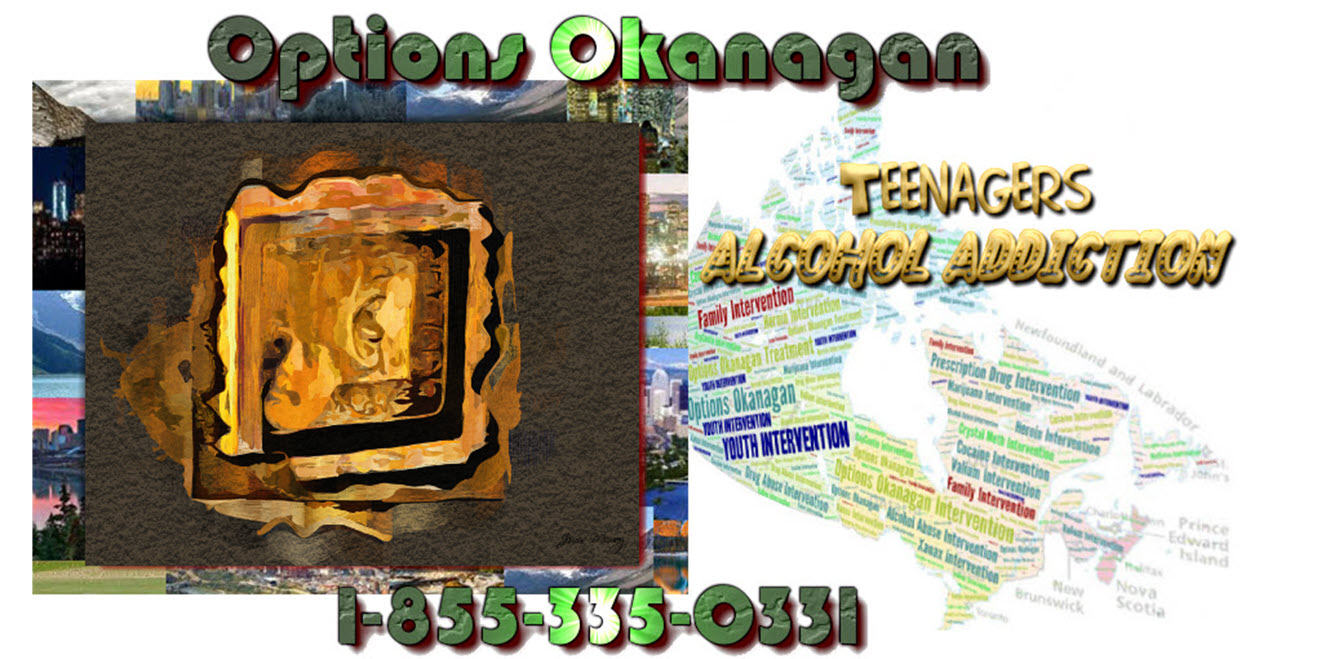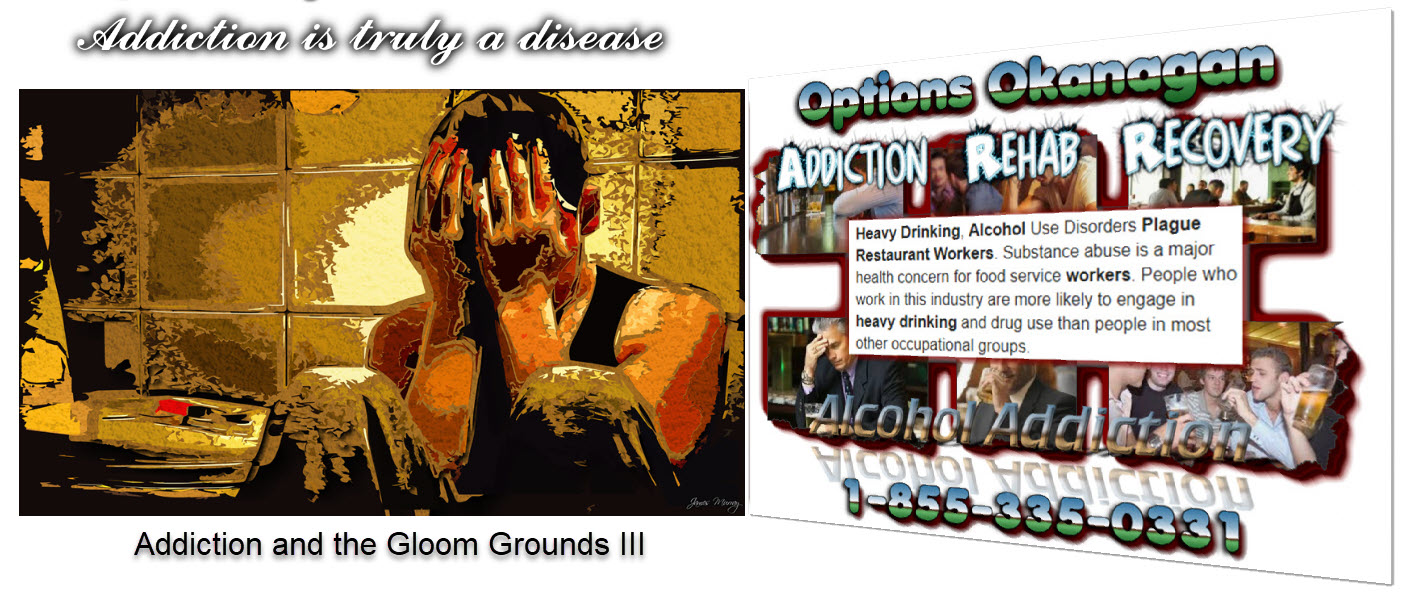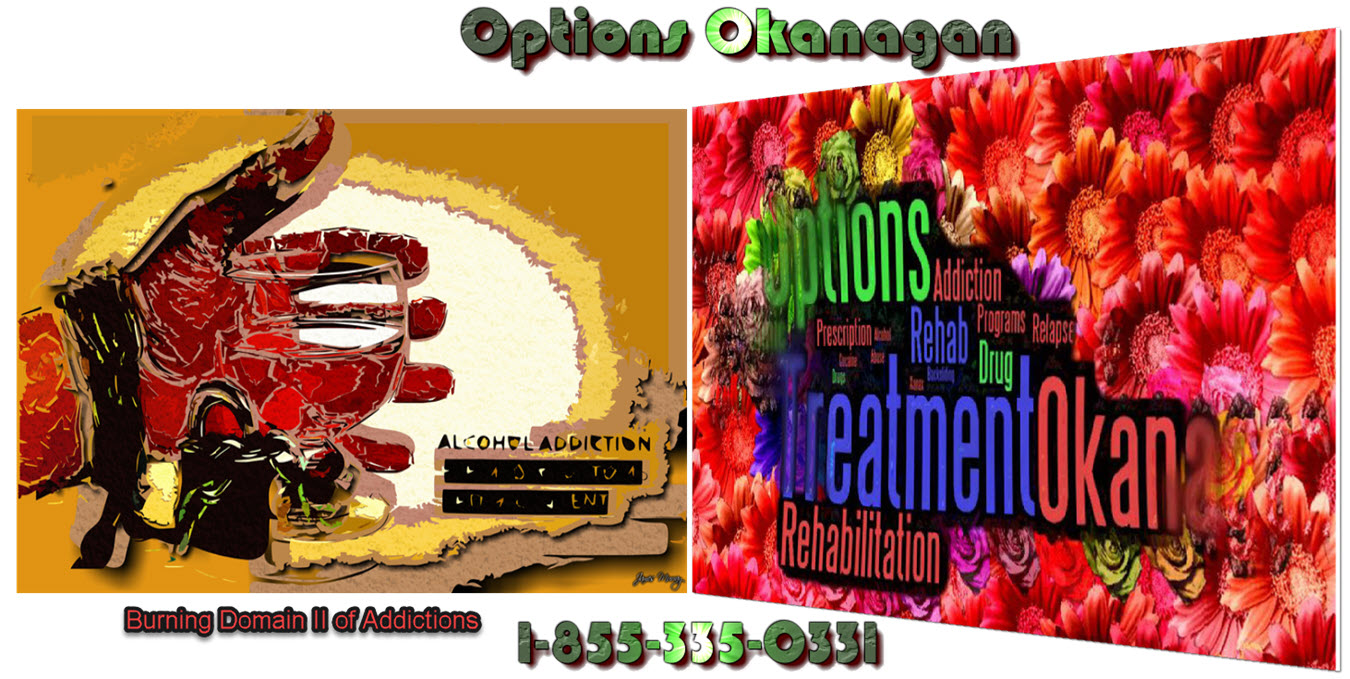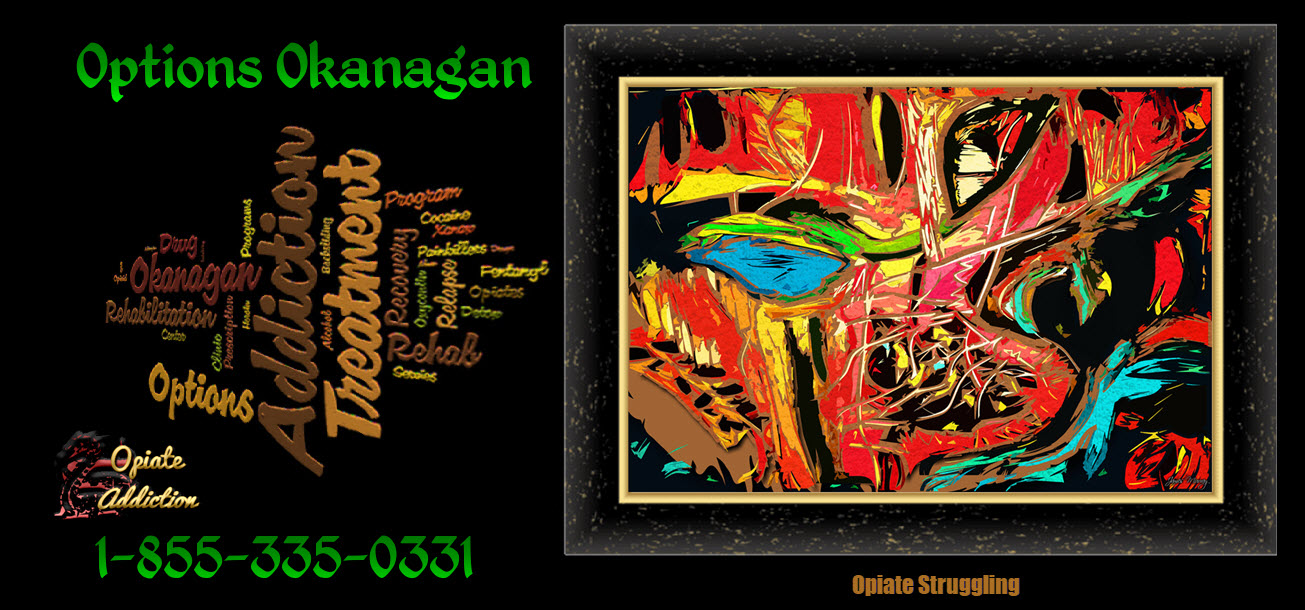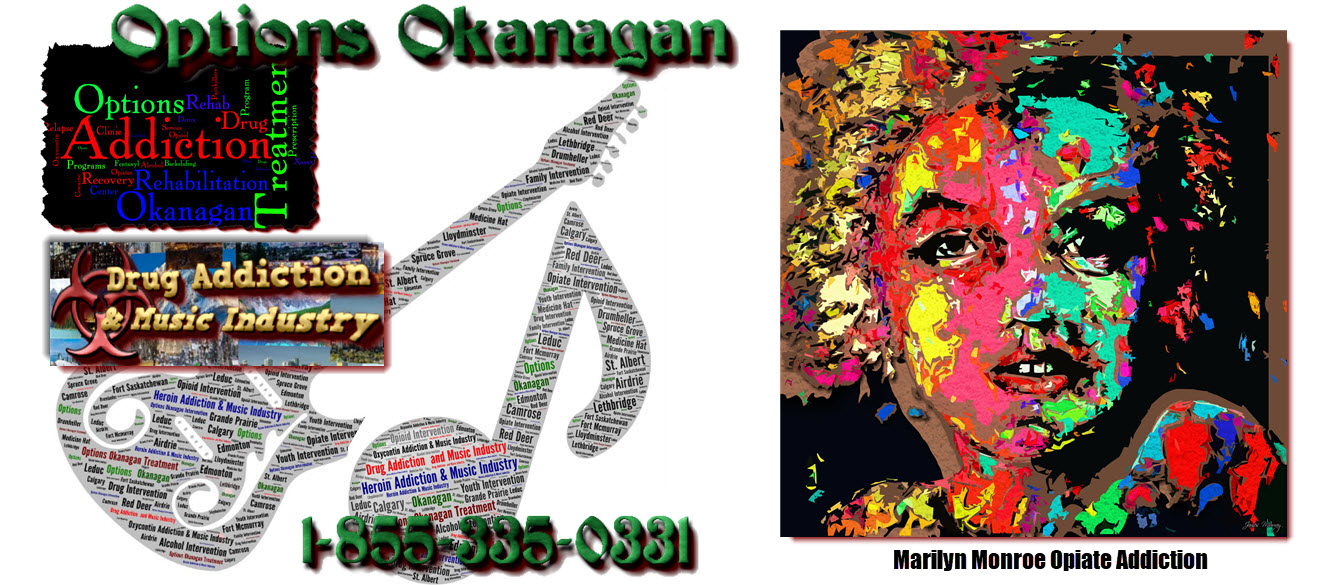Drug addiction recovery – Teenager drug addiction in Edmonton and Calgary, Alberta : Teenagers Using Drugs – Alcohol and Drug Addictions – Options Okanagan Treatment Centers in Kelowna, British Columbia treating drug, opioid, opiate, fentanyl, heroin and alcohol addiction and addiction recovery programs.
Opiate Addiction Treatment in BC and Alberta
Addiction has such an effect on the mind. Because of the impact, it has on addicts, the idea of recovering from addiction may seem far-fetched. Those who are addicted to a certain substance are so dependent on it that it has taken over their lives completely, causing them to do things they never thought they would do in life while they were cut off from their loved ones. It is difficult for addicts to imagine living in a conscious state because they feel they cannot live without drugs in their bodies. Although it is difficult to overcome addiction, there are many people who have overcome obstacles.
If you want to be on the right path, you must first admit to yourself that you have a serious problem. You should make a list of all the ways that drug use is negatively impacting your life. For example, relationships with some of your family members may be strained, you may lose your job, and you may run out of money because you spent every penny in your savings account. After such a serious awareness, you can take the right steps to become a sober and sane person. Ask your loved ones to support you on this journey as you hope to give up your addiction once and for all.
Be honest with your loved ones and yourself. You can hear your loved ones tell you how your drug addiction is affecting their lives as well. When you realize how much damage has been done, you may yearn for the better things in life simply because you want to go back to a time when you didn’t ruin your life with drugs. Having a support system is important when trying to break bad habits like this because your support system will always be there for you.
While some addicts try to clean themselves, others go to rehabilitation centers for treatment. The best way to increase your chances of success is to visit a rehabilitation center where you will receive medical guidance and support throughout your recovery. Plus, you have plenty of opportunities to talk to an advisor about anything.
In addition to the rehabilitation center, there is a 12-step program including Narcotics Anonymous. These programs are great for recovering addicts who want to stay on track while having genuinely supportive people to talk to throughout their journey. You should know in advance that recovery is not the easiest task and requires a lot of effort and perseverance, but you can beat the addiction that has been holding you back for years. While it may seem impossible to achieve, starting your recovery journey now is the best thing you can do for yourself.
Options Okanagan Opiate and Alcohol Treatment Centers in Kelowna, Salmon Arm and Vancouver, British Columbia – Men and Women are recovering and healing from Alcohol and Drug Abuse at our treatment center here in the Okanagan right now.
Our unique and distinctive Opiate Drug and Alcohol treatment program allows men and women to come in from Calgary as well as Edmonton as we offer airport pickup.
Numerous clients come to us from Vancouver, Calgary and Edmonton and other locations in Alberta and even other provinces for Opiate addiction treatment, heroin drug treatment, many other drug and alcohol addictions for rehabilitation because of the uniqueness of our treatment center.
Our (Kelowna) Alcohol and Drug Treatment Program Location:
(Not Mailing Address) – Contact Us – Web Page
For Mail Delivery :: Please contact each center for correct mailing addresses, also this location is the location of our residential treatment programs in Kelowna. Please call Toll Free 1-855-335-0331 – to contact the treatment center you are going to for the address and directions.
Options Okanagan Drug and Opiate Treatment Center
551 Sherrydale Crescent, Kelowna, British Columbia, V1V 2E6
Toll-Free Phone Number: 1-855-335-0331

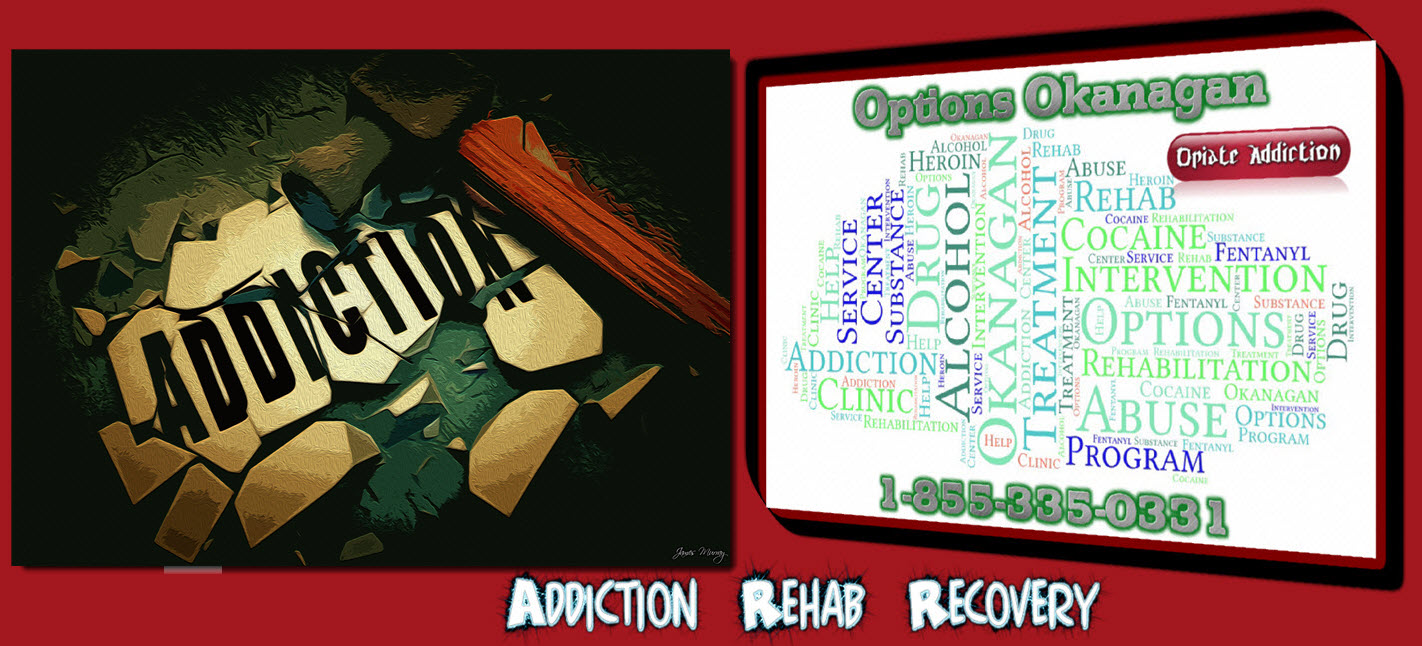
 and Ambien - Options Okanagan.jpeg)
